“For me the restaurant world is more than Michelin stars”: Dani García on democratising fine dining and London’s new opening BiBo
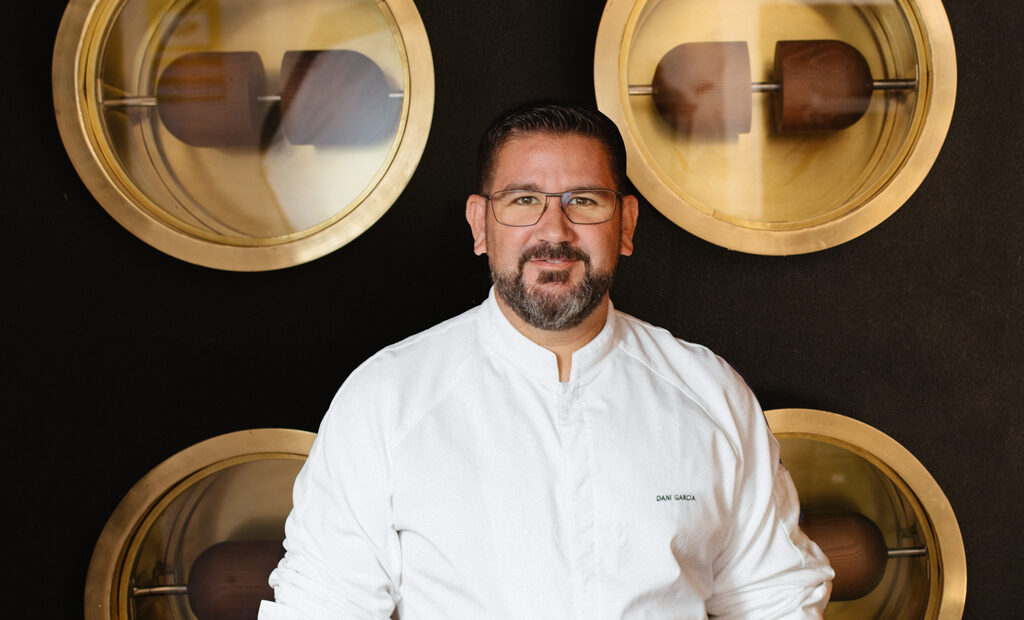
It’s a rare thing to make it to three-Michelin stardom – there are currently only 131 restaurants in the entire world to have fully sated that notoriously fastidious multi-rolled man. It’s an even rarer thing to gain access to this hallowed hall of fame only to leave immediately. But somehow after sitting down for a chat with Dani García at the new BiBo, situated in the Mondrian Shoreditch hotel, closing a three-star restaurant to start a series of more casual ventures seems like the most natural progression. The acclaimed Spanish chef, who famously shut the doors of his eponymous restaurant back in 2018 just weeks after completing the boss level of cooking, shows no regret.
As we stroll through the sleek new space, past light shades designed to resemble shoals of fish and a futuristic bar built around a sci-fi centrepiece of glowing bottles, before settling down in a courtyard of red bricks and flowing foliage, the chef seems at home in his new territory. He’s not in the least bit defensive about his motives for changing direction. “I always said I am going to write a book with 50 reasons because there are so many, not only one.” The most obvious is of course the pressure of remaining perpetually on edge in order to please only 100 diners a day, or a spontaneous inspector. But crucially, for García it’s also about personal fulfilment. The idea that he can claim to feel “empty” after achieving the highest culinary honour of all may be depressing to his contemporaries, but in reality, it’s a wonderfully down-to-earth take. García is quite happy to acknowledge his incredible achievement whilst still accepting that there are bigger challenges further afield. “For me the restaurant world is more than Michelin stars.”
In fact, the main reason he cites for quitting this elite circle is a fundamental drive to democratise fine dining. The Andalusian cook has observed a common theme for triple-starred chefs starting casual ventures, but in his case it’s more than a side project; it’s a philosophy. At BiBo – one in a series of brands to García’s name, including Leña and Lobito de Mar – the objective is simple: to use quality techniques and ingredients to create accessible, affordable meals that exceed expectations. “Our objective always is to offer something more special than the price you are going to pay. I always say to my team, we have to work, not the pocket of the guests.” He’s smiling when he says this, and his genuine passion is infectious. Despite a background working under the likes of the legendary Martin Berasategui, he is no stranger to cheap and accessible grub. He reminisces fondly about a rather surprising collaboration with fast food giant McDonald’s, who sold his BiBo burger for three months back in 2015. “It was incredible. 50,000 people per day ate the burger in McDonald’s. And, for example, in BiBo in Marbella, we book in only 120,000 people per year. In two days we were closer to the kind of people that eat our burgers.”
BiBo has already put down roots in Marbella, Madrid, Doha, Ibiza and Málaga, but this London branch is an important step for the chef. With a house and family in the British capital, he has an obvious personal connection, but also talks of his international ambition: “You have a dream when you are a chef; you want to have restaurants around the world.” He’s keen to point out, though, that this borough has its own unique flavour. “Shoreditch is a very special neighbourhood; it’s a very indie space and you have to adapt a little bit.” He explains that the goal with every outpost is to give customers a sense of the essential BiBo, with signature dishes such as the must-try Oxtail Brioche and the family-style sea bass, but also to provide site-specific offerings with unique character. For instance, in the UK iteration there are more Spanish tapas dishes as the chef feels that the British have an appreciation for this tradition, though it’s unclear if this is down to openness or greed – “People love sharing because you can try more things”. Many of the small plates such as the chistorra and the green peppers are exclusive to Shoreditch, and he stresses that this area in particular is great for this kind of sociable, laid-back dining: “You can eat standing up, with friends, listening to music, drinking. We can take the neighbourhood by the hand.”
Of course, the idea of eating in close quarters with anyone has been something of a rarity during the pandemic, and while the bookings at his restaurants were in flux – thankfully balancing out due to alternating lockdowns in Madrid and Marbella – it did give the chef a valuable chance to step back, spend time with family and discover new things. “It’s a good moment for reflection about food and about what the people want. I think that the people want a more direct link to the kitchen and very good products.” As well as introspection and looking inwards, it was also a time for outward expansion, and like many others, García took the opportunity to start a delivery service. Crucially though, rather than the usual restaurant-based concept, he launched an independent company, allowing him to keep the restaurant team safe whilst creating a unique menu that can cater to all tastes. “At our delivery you can order sushi, you can order pizza, you can order original recipes, you can order burgers, you can order everything at the same time. This is the reason it is called La Gran Familia [Mediterránea]: it’s a big family and you can order what you want.” While the service is currently available in Marbella, Seville, Málaga and Valencia, with six kitchens around Madrid and two in Barcelona, he hopes eventually to bring the service to London.
When I ask about whether recent travel restrictions have brought people any closer to their own cuisine, he can speak only for himself. “I have in my mind and my heart the food of my mum.” However, this was equally true pre-Covid: “I cook with tradition, because I grew up with my mother and grandmother’s food, and we have a lot of culture about food in the south of Spain.” García was raised in Marbella, once a small fishing town and now a luxury city. While many people are grateful to him for cooking authentic national dishes, the chef is keen to reiterate that for him it’s not a choice. “It is impossible for me to cook without this mentality. A lot of people in Spain say to me, ‘thank you for cooking something like this’. There is no thank you; it’s in my blood.” However, Garcia’s philosophy of cocina contradición (a play on words meaning to cook both with tradition and without) combines the classic and the contemporary. “We think in a new way. We like to make the best ajo blanco, a very traditional almond soup, in the summer. And I can add a little bit of coconut milk, for example. You have bold flavours: the ajo blanco and the coconut. And this is with our traditional flavours, our traditional culture, but with a new view.”
Indeed, this cutting-edge angle is hardly surprising given that the chef was part of an important Spanish culinary pioneering group in his youth, experimenting with techniques in groundbreaking ways, including the use of nitrogen. “For us, it was fun, it was a very incredible moment”. And while he is still ad advocate for experimentation, he also implores sense. “I always say you can use the technique but always for a better flavour, for a better texture. It’s not for a show, more for an ‘ahhh’ kind of dish”. Now, he notes, the focus of the industry has shifted to sustainability. While García assures us they are doing what they can in this department, he’s also not afraid to speak candidly about his priorities. “My first mentality is to use my culture and local products, but I’m not closed to using other kinds of products around the world. I always say the same: I agree with this sustainable approach and I am trying, but it is very difficult in a restaurant.” For him, while cooking with a conscience is important, so is the happiness of the diner. “I can tell there are a lot of chefs who say, ‘we are going to save the world’, and that’s great, but for us, both are important: the guests and the world.”
The world does appear to be opening up to García regardless, and the next projects on the horizon are two new openings in New York this September, the quick and casual Pollo Verde (The Green Chicken) and a brand-new Casa Dani. Though he admits it has been an intense year, with everything launching together due to pandemic restrictions, he speaks with pride: “New York and London, for me they are incredible cities. Really, it’s an honour to say that I have some restaurants in New York, and I hope to have more than one restaurant here too.” Besides, he’s far too busy to worry about being busy: “Finally, we have to open; we don’t have time to cry.”
Rosamund Kelby
To book a table at BiBo Shoreditch, 45 Curtain Road London EC2A 3PT , call 020 3988 4455 or visit their website here.

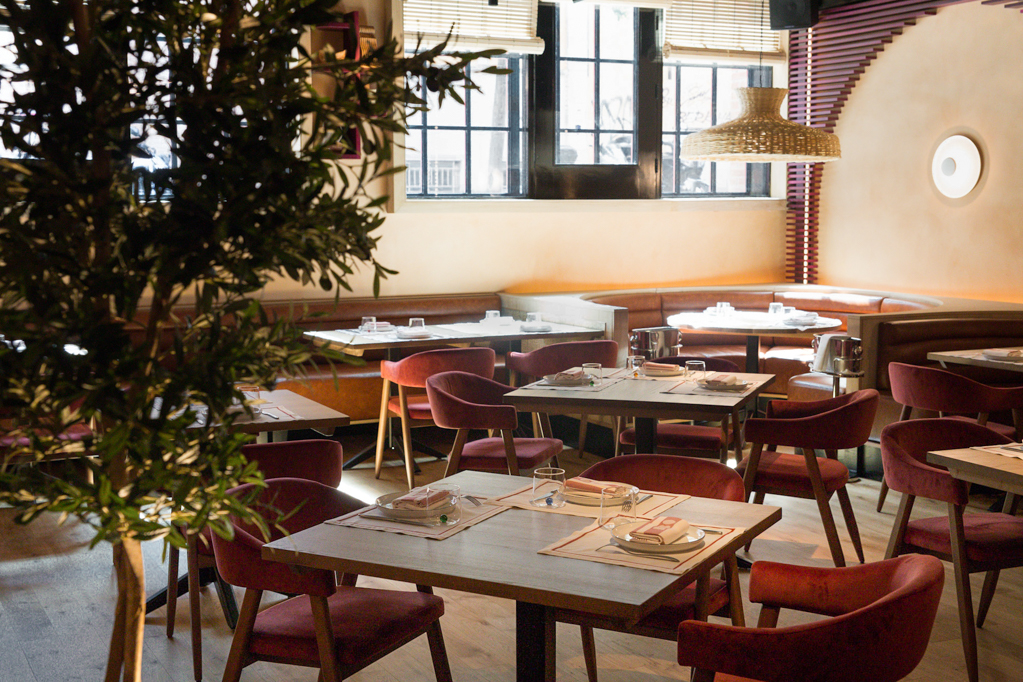
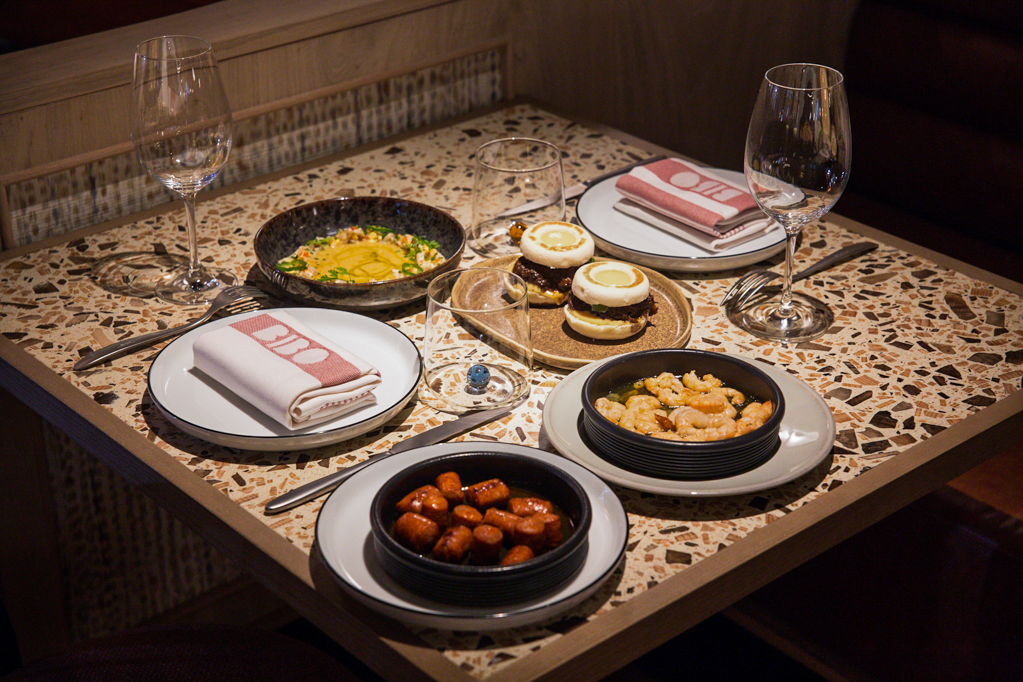
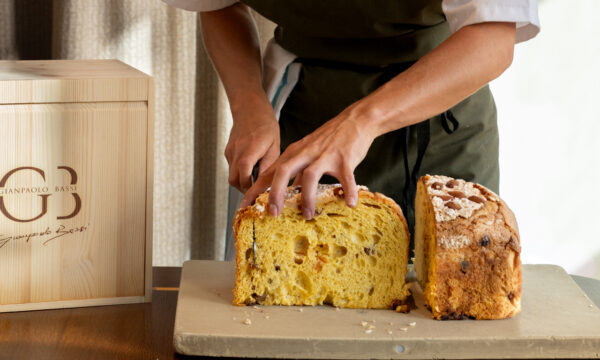
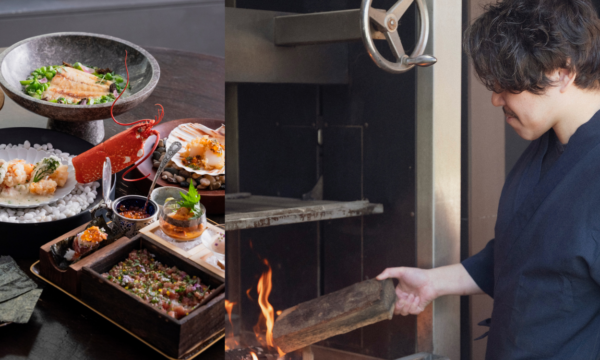
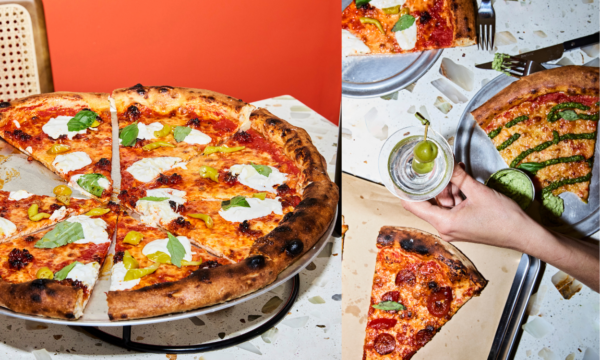
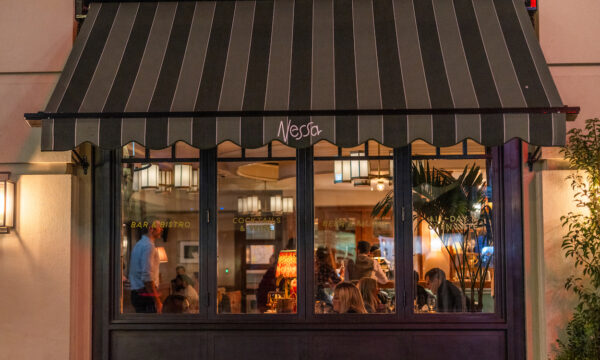
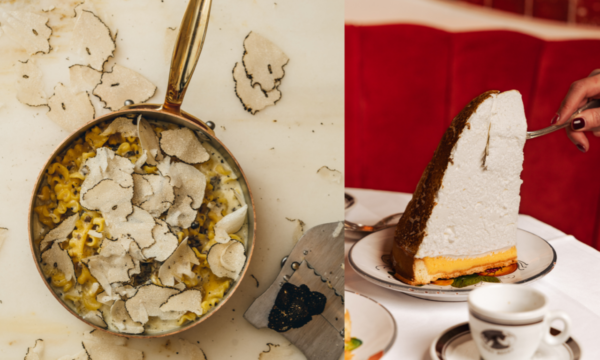
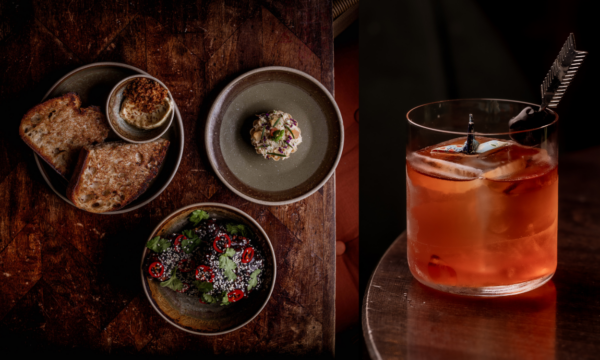

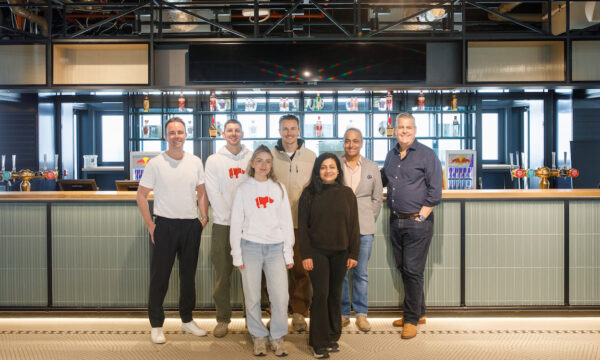














Facebook
Twitter
Instagram
YouTube
RSS